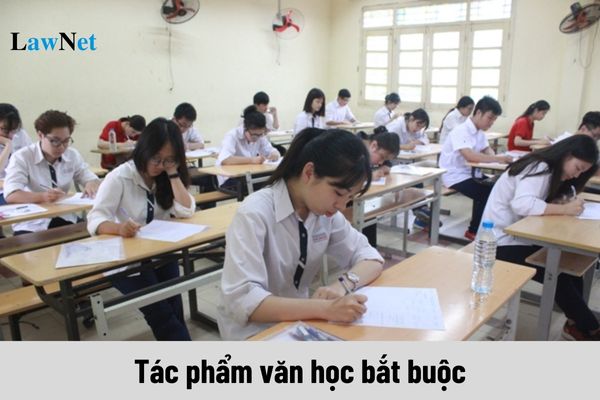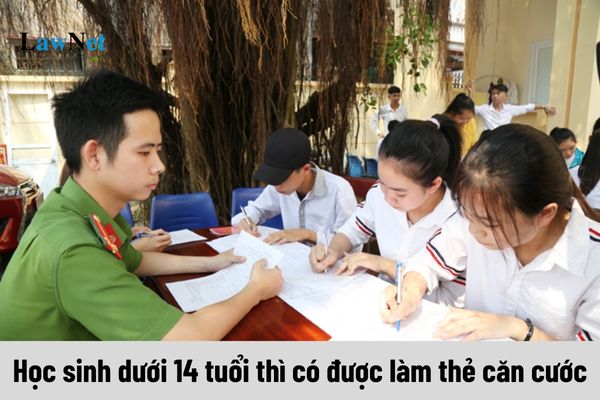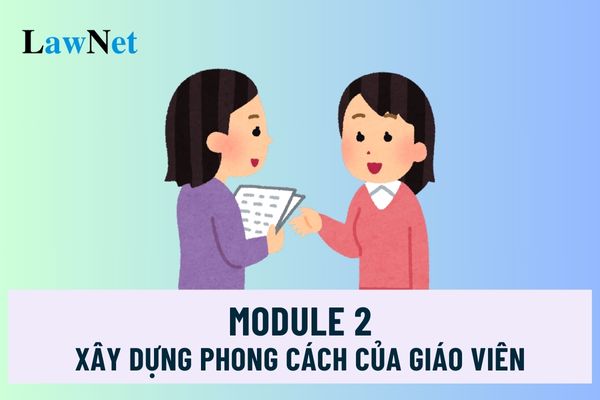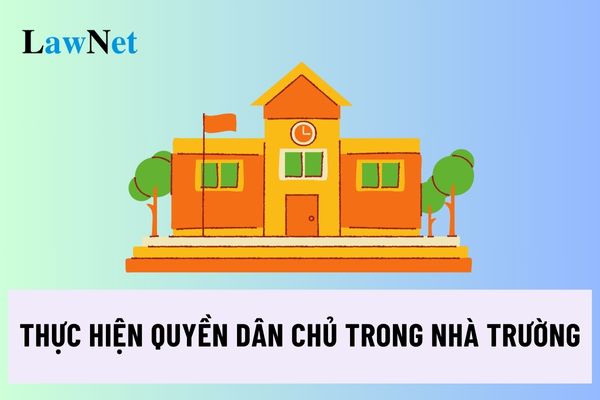Vietnam: In 2024, what grade is a student born in 2010 in? What is the table showing years and birth and grade-based age?
In 2024, what grade is a student born in 2010 in? What is the table showing years and birth and grade-based age in Vietnam?
Under Article 33 of the Regulations on lower secondary school, upper secondary school and multi-level school charter issued together with Circular 32/2020/TT-BGDDT, the regulation is as follows:
Secondary school age
1. Children shall start the sixth grade at the age of 11 and the tenth grade at the age of 15. For students skipping a grade or over-age students, the sixth grade and tenth grade starting ages shall be adjusted based on the age at which these students graduate from the previous education level.
2. For ethnic minority students, students with disabilities, disadvantaged students and students returning to Vietnam from abroad, maximum secondary school starting age shall be 03 years older than the compulsory starting age.
3. At an education level, students may not repeat a grade more than 03 times.
4. Students with good physical capacity and early intelligence development may enter the sixth or tenth grade before the compulsory starting age or skip to the next grade within the same education level. Consideration shall be given on a case-by-case basis and in accordance with the following procedures:
a) The student’s parent or guardian submits an application to the school.
b) The school principal establishes a survey and advisory council with the following main members: representatives of school leaders and parent committee of the school; and teachers teaching the student's class.
c) The school principal considers and makes a decision based on the result of the survey conducted by the survey and advisory council.
5. Students at an appropriate age returning to Vietnam from abroad and children of foreigners working in Vietnam may enroll in local or non-local secondary schools capable of receiving them. Consideration shall be given on a case-by-case basis and in accordance with the following procedures:
a) The student’s parent or guardian submits an application to the school.
b) The school principal organizes an assessment of the student’s capacity and places them in a suitable class.
The age of students entering Grade 1 is 6 years old, the age of students entering Grade 6 is 11 years old, and the age of students entering Grade 10 is 15 years old.
In 2024, a person born in 2010 will be 14 years old which is the age of students entering grade 9.
Below is a table showing years and birth and grade-based age 2024:
| GRADE | BIRTH YEAR | AGE IN 2024 |
| --------------- | ---------------- | ----------------- |
| Grade 1 | 2018 | 6 years old |
| Grade 2 | 2017 | 7 years old |
| Grade 3 | 2016 | 8 years old |
| Grade 4 | 2015 | 9 years old |
| Grade 5 | 2014 | 10 years old |
| Grade 6 | 2013 | 11 years old |
| Grade 7 | 2012 | 12 years old |
| Grade 8 | 2011 | 13 years old |
| Grade 9 | 2010 | 14 years old |
| Grade 10 | 2009 | 15 years old |
| Grade 11 | 2008 | 16 years old |
| Grade 12 | 2007 | 17 years old |
Note: The above age table does not apply to cases of skipping grades or entering at a higher than the prescribed age.

In 2024, what grade is a student born in 2010 in? What is the table showing years and birth and grade-based age in Vietnam? (Image from the Internet)
What are the rights and duties of 9th graders in Vietnam?
(1) Duties:
Under the regulations in Article 34 of the Regulations on lower secondary school, upper secondary school and multi-level school charter issued together with Circular 32/2020/TT-BGDDT, the duties of secondary school students in general and able showing years and birth and grade-based age in particular are as follows:
- Learn and train according to curricula and education plans of their schools.
- Respect their parents, officials, teachers and staff of their schools, and those older than them; maintain solidarity and mutual support in learning and training; conform to the charter and rules of their schools; and abide by the law.
- Take exercises and maintain personal hygiene.
- Participate in group activities of their schools and classes, Ho Chi Minh Young Pioneer Organization and Ho Chi Minh Communist Youth Union; help their families, join physical and social activities and environmental protection activities, and maintain traffic order and safety.
- Protect school and public property; contribute to fostering, preservation and enhancement of school traditions.
(2) Rights:
Under the regulations in Article 35 of the Regulations on lower secondary school, upper secondary school and multi-level school charter issued together with Circular 32/2020/TT-BGDDT, the rights of secondary school students are as follows:
- Receive comprehensive education with fairness, be provided with time, facilities, hygiene and safety to learn in class and self-learn at home, be informed of their education and training, and be able to use learning, cultural and sport equipment of their schools as per the law.
- Receive respect, protection and fair and democratic treatment, complain to their schools and education authorities about decisions concerning themselves; transfer school with legitimate reason as per existing regulations; enter school before the compulsory starting age, skip a grade and study at an age higher than the compulsory attendance age according to regulations in Article 33 of the charter issued together with Circular 32/2020/TT-BGDDT.
- Participate in activities for development of their gifts in academic subjects, sports and art organized by their schools if able to.
- Students eligible for social benefits, disadvantaged students and gifted students may receive sponsorship or other benefits as per the law.
- Transfer school if eligible according to regulations following school transfer procedures stipulated by the Minister of Education and Training.
- Enjoy other rights as per the law.
According to the Law on Education 2019, how many levels of general education are there?
Under the regulations in Clause 1, Article 28 of the Law on Education 2019, the regulation is as follows:
Educational levels and entry ages
1. Educational levels and age groups of general education are regulated as follows:
a) Primary education lasts for 05 school years, from the first to the fifth grade. The entry age for the first grade is 06;
b) Lower secondary education lasts for 04 school years, from the sixth to the ninth grade. Students must complete the primary educational programme before entering the sixth grade. The entry age for the sixth grade is 11;
c) Upper secondary education lasts for 03 school years, from the tenth to the twelfth grade. Students must complete the lower secondary educational programme before entering the tenth grade. The entry age for the tenth grade is 15;
...
Thus, currently, there are 3 levels of general education:
- Level 1: Primary education.
- Level 2: Lower secondary education.
- Level 3: Upper secondary education.










- After completing higher education in Vietnam, what english proficiency requirements must students meet?
- What are the specific objectives of higher education in Vietnam?
- Vietnam: What are the responsibilities of higher education institutions in scientific research activities of students?
- Vietnam: What are the cases in which the degree classification of post-secondary students will be lowered? What are the conditions for post-secondary graduation?
- Vietnam: Are lower secondary school students with Unqualified training results for the whole school year required to undergo training during summer break at school?
- Vietnam: What are the 10 core competencies of primary school students according to the 2018 General Education Program?
- Vietnam: Will primary school teachers acting as homeroom teachers be eligible for reduction of teaching lessons?
- Vietnam: What are the conditions for consideration for rank promotion to the professional titles of teachers?
- Vietnam: What is the course timelength in post-secondary and college programs?
- Vietnam: Do lower secondary school students have the right to dye their hair during a school year? Is dyeing hair during a school year prohibited act for lower secondary school students?

